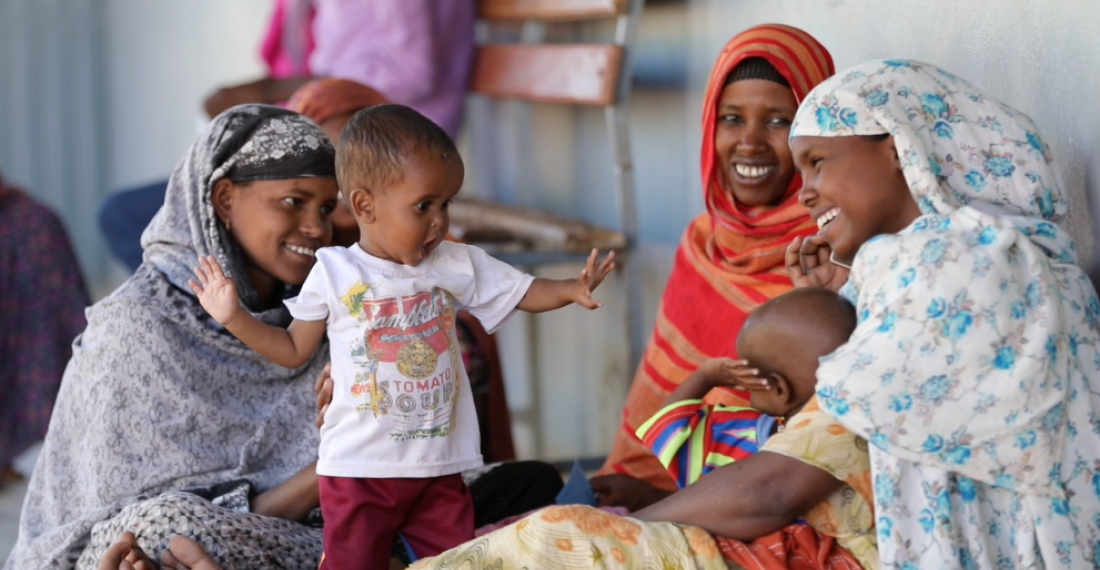In a press release on 27 March, the EU announced that it will allocate €331m in humanitarian aid to the Greater Horn of Africa region.
The EU says that the aid will help approximately 50 million people in urgent need of food assistance in a region "facing multiple and overlapping humanitarian crises".
In particular, the aid will primarily target "food insecurity as well as addressing the needs of displaced persons and refugees, disaster preparedness, and education in emergencies".
The breakdown of the funding to support humanitarian projects is as follows: €500,000 will be given to Djibouti, €60.5m to Ethiopia, €12.5m to Kenya, €72m to Somalia, €82m to South Sudan, €73m to Sudan, and €30m to Uganda. Around €8 million will be dedicated to disaster preparedness, the EU adds.
Alongside food security and nutrition, other regional priorities include the protection of civilians and tackling gender-based violence, disaster and emergency education, refugees and displaced persons, and promoting respect for International Humanitarian Law.
Click here to read the full press release.






